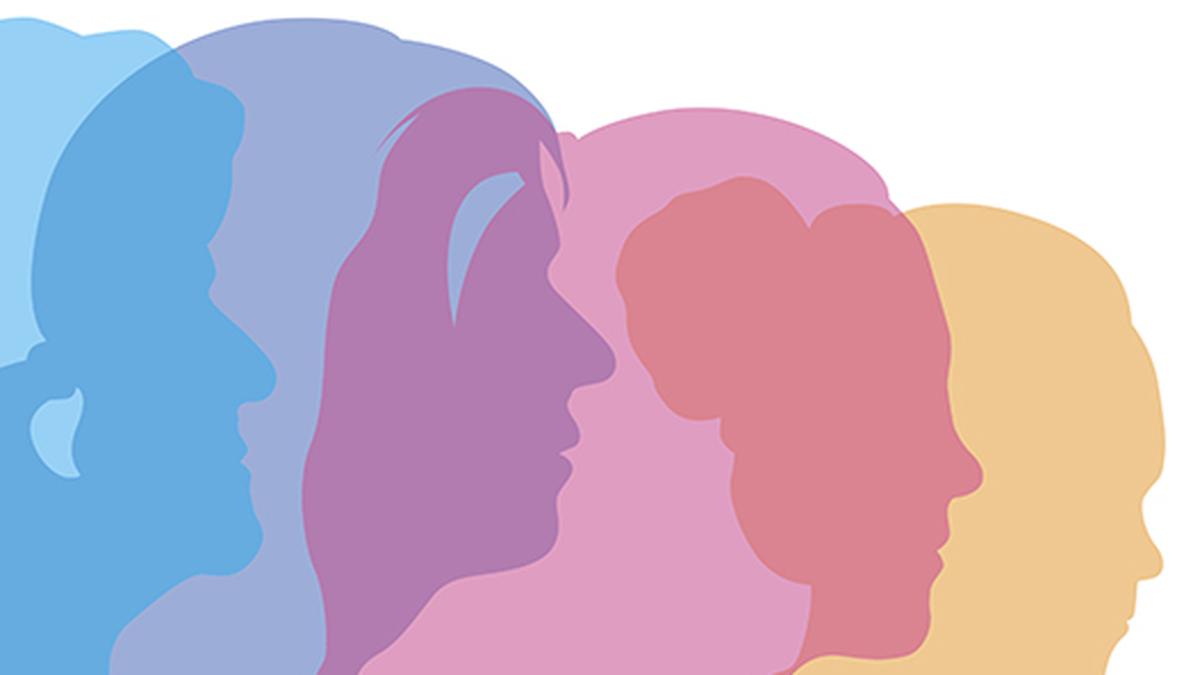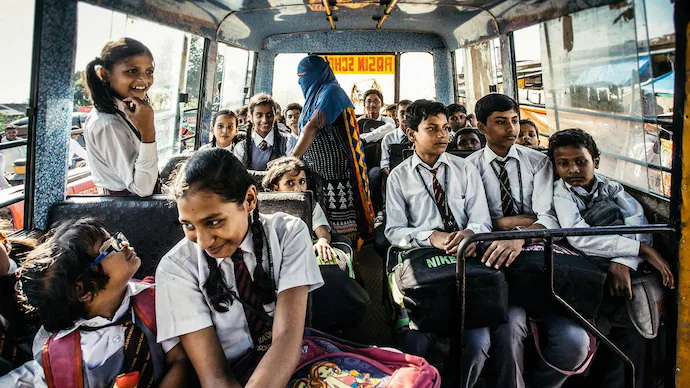- Courses
- GS Full Course 1 Year
- GS Full Course 2 Year
- GS Full Course 3 Year
- GS Full Course Till Selection
- Answer Alpha: Mains 2025 Mentorship
- MEP (Mains Enrichment Programme) Data, Facts
- Essay Target – 150+ Marks
- Online Program
- GS Recorded Course
- Polity
- Geography
- Economy
- Ancient, Medieval and Art & Culture AMAC
- Modern India, Post Independence & World History
- Environment
- Governance
- Science & Technology
- International Relations and Internal Security
- Disaster Management
- Ethics
- NCERT Current Affairs
- Indian Society and Social Issue
- NCERT- Science and Technology
- NCERT - Geography
- NCERT - Ancient History
- NCERT- World History
- NCERT Modern History
- NCERT Medieval History
- CSAT
- 5 LAYERED ARJUNA Mentorship
- Public Administration Optional
- ABOUT US
- OUR TOPPERS
- TEST SERIES
- FREE STUDY MATERIAL
- VIDEOS
- CONTACT US
BHARAT Study: Redefining Ageing for India
BHARAT Study: Redefining Ageing for India

Why in the News?
- The Indian Institute of Science (IISc), Bengaluru, has launched the BHARAT study to understand how Indians age and what makes ageing healthy or unhealthy.
- The goal is to create a scientific database of biomarkers (biological signs like blood proteins or gene changes) that define aging in Indians, which can later guide diagnosis and treatment.
Key Highlights of the Article
- Understanding Ageing
- Ageing does not happen the same way for everyone.
- It is influenced by genes, lifestyle (like food and exercise), environment, and social conditions.
- Someone’s biological age may not match their chronological age (actual number of years lived).
- The BHARAT Study
- Stands for "BioMarkers for Healthy Ageing in Indians – Resilience, Adversity, and Transitions".
- Aims to build an Indian-specific database of ageing markers.
- Will identify what is considered “normal” ageing in Indians, rather than using Western references.
- Current Limitations in Healthcare
- Many medicines and diagnostic tests are based on Western data, which may not suit Indians.
- For example, levels of certain vitamins or inflammatory markers (like CRP – C-reactive protein) may naturally differ in Indians.
- Technology and AI in Research
- Artificial Intelligence (AI) and machine learning will be used to analyze complex health data.
- This will help find early signs of diseases like liver damage, even before symptoms appear.
- Importance of a Genetic and Socially Diverse Database
- India is diverse in terms of environment, culture, diet, and genetics.
- A population-specific approach will help design better health policies and treatments.
Impact on India
- Better Health Standards for Indians
- More accurate understanding of what is normal or risky in Indian bodies.
- Reduces dependence on Western health benchmarks.
- Early Detection and Prevention of Diseases
- Helps identify warning signs of diseases early.
- Enables timely treatment and better health outcomes, especially in older adults.
- Improved Public Health Policies
- Data from BHARAT will help the government make policies suited to Indian conditions.
- Can lead to focused healthcare efforts for the ageing population.
- Boost to Research and Innovation
- Encourages high-quality Indian medical research.
- Builds scientific resources for future health crises and public health planning.
- Customized Treatments
- Helps doctors recommend personalized medicine based on Indian-specific biomarkers.
- Improves efficiency and safety of medical treatments.
Challenges and Way Forward
|
Challenges |
Way Forward |
|
India’s genetic, social, and economic diversity makes it hard to create common health standards |
Collect samples from across the country to ensure national representation |
|
Difficulty in collecting samples from healthy older adults |
Offer incentives and build trust to encourage participation |
|
Lack of Indian-specific health data leads to misdiagnosis or wrong treatments |
Build large, long-term health databases like BHARAT |
|
Advanced tools like AI are needed but require technical expertise |
Invest in AI research and train Indian scientists and doctors |
|
Need for long-term funding and collaboration |
Combine government, private, and philanthropic (charity-based) funding to ensure continuity |
Conclusion
The BHARAT study is a major step toward understanding how Indians age. It goes beyond just treating diseases—it focuses on how to age healthily and live longer, better lives. By building an Indian-specific database of biological markers and using advanced tools like AI, India can create its own standards of aging, improve early diagnosis, and make healthcare more effective and inclusive. However, this requires overcoming challenges like sample collection, funding, and ensuring scientific quality. Still, BHARAT has the potential to transform healthcare for millions of ageing Indians.
|
Ensure IAS Mains Question Q. Why is it important to establish India-specific health and ageing standards? Discuss how the BHARAT study can contribute to healthcare policy, preventive care, and inclusive medical treatment in India. (150 words) |
|
Ensure IAS Prelims Question Q. Consider the following statements:
Which of the above statements is/are correct?
Answer: a Explanation Statement 1 is correct: The BHARAT study is working on building India-specific biological markers that define healthy ageing. This is one of its primary aims. Statement 2 is incorrect: Most current diagnostics and treatments are based on Western population data and may not be optimal for Indians. Therefore, applying global standards without customization may not be suitable. |
|
Also Read |
|
| FREE NIOS Books | |




